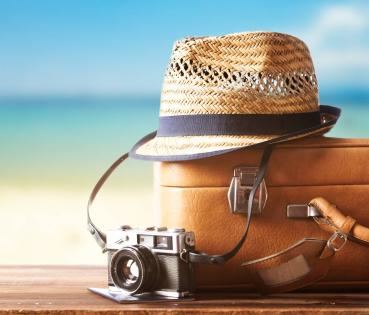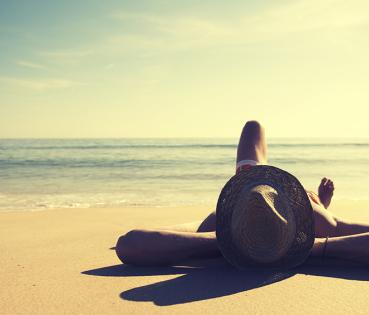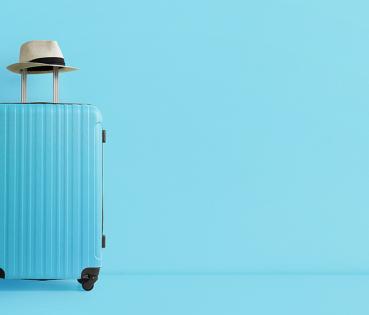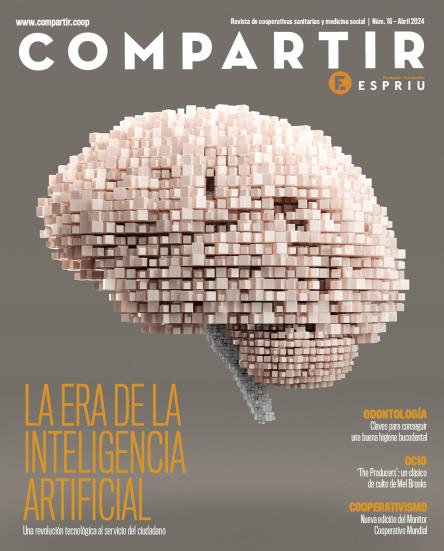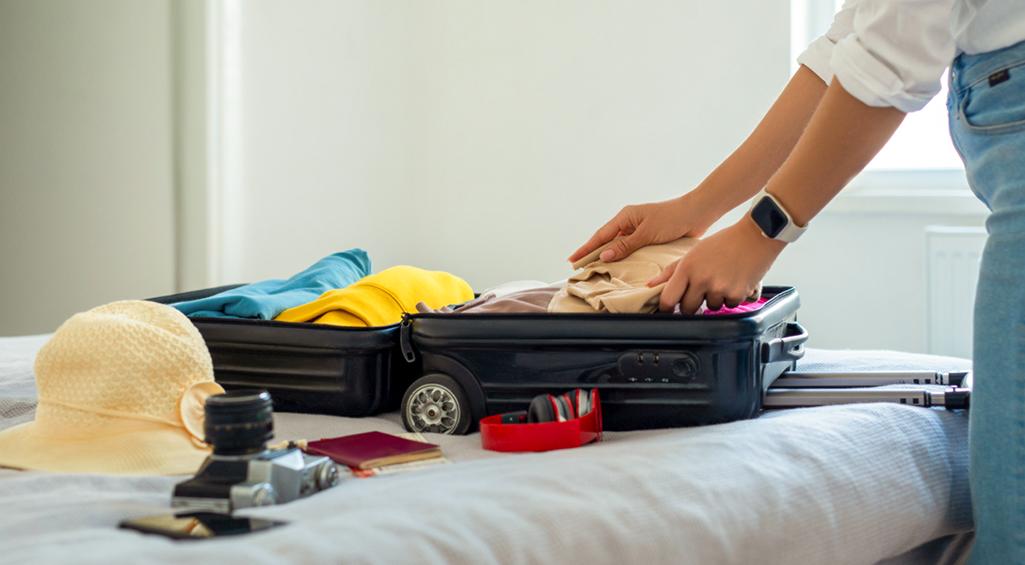
Holidays without incidents
Before embarking on a trip, it is recommended to consult with the medical service, especially if the destination is exotic, you are going to visit a developing country or it is a long trip.
The most important thing to guarantee a safe trip is forecasting. “If you make a prior assessment, you will have less chance of having symptoms, such as fever or diarrhea, that could alter your trip and you will have more knowledge about how to act in such a situation,” summarizes Dr. Yolanda Meije, head of the Internal Medicine Service and the Infectious Diseases Unit of the Hospital de Barcelona, who believes that a safe trip is “a trip without limitations due to health-related incidents”.
The Specialized Traveler Care Center
For this, the first step is clear: go to a Specialized Traveler Care Center like the one she herself heads at the Hospital de Barcelona and to which Assistència Sanitària policyholders can go. It is important for several reasons. “First, because we are specialized and we can serve you better. Second, because we give the recommendations to follow depending on the country and, finally, because many of the vaccines that we advise are not available outside of international vaccination centers”, he details.
The professionals at the Assistència Sanitària Traveler Care Center assess the trip and the patient’s health through different questions. They analyze possible underlying diseases, destination, type of trip, vaccination record, time of year, etc. “We take into account the destination and country, the type of trip –whether it is rural or in the city–, whether you sleep in a hotel with ventilation or in a hostel…”. All this, the doctor recalls, will influence the health of the traveler, and she exemplifies it: “In a hotel with air conditioning it will be more difficult for mosquitoes to bite us.”
In addition, these professionals also analyze whether it is a tourism or cooperation trip in which the type of contact with the local community is very different. After this assessment, the medical team will propose the recommended vaccination. Currently, the only vaccine that is mandatory to enter some countries is yellow fever, which Meije considers, along with malaria, one of the most serious diseases to take into account when traveling. Yellow fever is linked to Africa and Latin America; on the other hand, in Asia there are no cases.
For its part, malaria is found in some countries and areas of Africa, Asia and Latin America. For this disease, moreover, there is no vaccination. “To prevent malaria, we have chemoprophylaxis, which is a treatment so that in case of contracting the infection, the development of the disease is avoided.”
Luggage tips
In these types of travel assistance centers, certain general recommendations are also established, such as always drinking bottled water, peeling fruit yourself or eating food that has been cooked. It also advises what clothing is most appropriate for that specific trip and ideas such as choosing good footwear and protecting yourself from the sun are reinforced.
For example, it is remembered that the ideal footwear for traveling must be wide, not too tight, and ventilated to avoid, for example, fungal infections. A defective footprint or low-quality footwear, or low-technical depending on the activity that is going to be done, can cause the occasional injury. Just like going barefoot. And, therefore, the health of the traveler is put at risk.
In addition, there are different kind of trips. Adventure lovers will embark on long walks to unknown places . In these cases, it is also necessary to focus on another of the star themes: the backpack. Choosing an excessively large one or carrying it too much causes, in the long run, back, knee or ankle pain. The backpack should carry, at most, 10-15% of the body weight so as not to put excessive load on the knees when walking. And remember: the counterweight should not fall on the shoulders, but on the chest-shoulders area.

